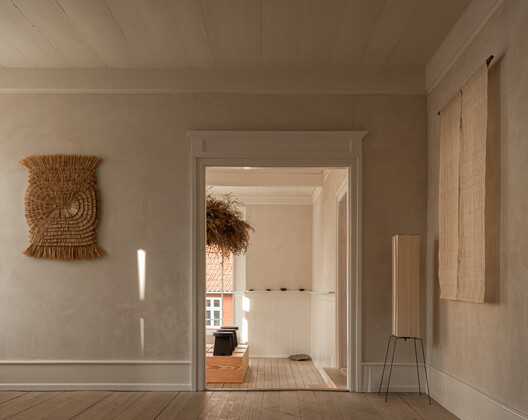The transatlantic alliance holds as Trump warms to security guarantees for Kyiv
Read POLITICO’s live blog for all the news from Monday’s high-level White House meetings.
The transatlantic alliance survived a nerve-racking test on Monday.
European leaders had arrived in Washington in terror that Donald Trump was again aligning himself with Vladimir Putin and would try to force Ukraine’s Volodymyr Zelenskyy into an unfair and perilous settlement.
So leaders including Britain’s Keir Starmer, France’s Emmanuel Macron and Germany’s Friedrich Merz ripped up their schedules to jet in and act as a diplomatic phalanx around Zelenskyy, shielding him from what they feared could have been a rerun of the explosive Oval Office confrontation in February.
This time was different, however.
Zelenskyy removed one irritant and wore a suit. In step with the niceties that Trump relishes, he also delivered a letter from his wife Olena to Melania Trump, commending her for broaching the topic of Ukraine’s 20,000 abducted children with Putin.
It all set a new tone. Measured, restrained and diplomatic are not words normally associated with Trump, but he was all three before the cameras in the press conference with the Ukrainian leader as reporters lobbed questions at them hoping to expose rifts between the pair and to set them at odds, especially over whether Ukraine should be allowed to join NATO.
Neither took the bait.
In fact, Trump seemed almost protective of Zelenskyy.
Asked about NATO membership and security guarantees for Ukraine, Trump took the question, firmly stating nothing had yet been decided and indicating that was something to be discussed with the European leaders, who were no doubt tuning in nervously. The two nodded at each other and Zelenskyy was careful not to be drawn into publicly pressing for NATO membership during the session with journalists.
Security breakthrough
And why would he? He’d just heard Trump offering what many observers see as a game-changer by publicly floating a seemingly major U.S. security guarantee for Ukraine as part of any peace agreement with Russia. “There’ll be a lot of help when it comes to security. There’s going to be a lot of help. It’s going to be good,” Trump announced.
The U.S. would provide Ukraine with a “very good security guarantee,” he went on, just in case anyone had missed it.
Trump insisted European countries would be the “first line of defense” in providing security guarantees for Ukraine, but that didn’t mean they were on their own. “European nations are going to take a lot of the burden. We’re going to help them and we’re going to make it very secure,” he said.
Europeans have hailed Trump’s public commitment to the U.S. joining a NATO-like security arrangement for Ukraine as a “breakthrough.”
Naturally, it’s still all very vague and it looks unlikely that the U.S. wants to donate weapons or send troops. But the discussion is turning again to backstops, reconnaissance, intelligence and big arms deals.
Whatever Trump is talking about now, it seems much more substantial than his previous woolly suggestions that Putin would simply stick by a deal, or not attack because the Americans might have minerals interests in Ukraine.
Kremlin cringe
This more serious direction of the conversation on security guarantees is clearly sparking some unease in the Kremlin, which is reiterating old demands about no role for NATO forces.
No wonder, then, that Zelenskyy described his one-on-one with Trump “the best one” to date as he arrived in the East Room of the White House to join the waiting European leaders.
Much of the diplomatic game of both the Ukrainians and Russians since Trump was reelected to the presidency has been to avoid incurring his wrath and painting each other as the obstacle to peace. And Trump wasted no time in following up with Putin to indicate the onus is back on him about security guarantees.
In an extraordinary move, Trump interrupted his conversation with European leaders to speak with Putin for about 40 minutes. Finnish President Alexander Stubb later told CNN the decision to make the call was “coordinated” with the European leaders, with Trump “testing” the idea of a bilateral meeting between Zelenskyy and Putin with the Russian.
According to reports in Russian state media, Yuri Ushakov, a Kremlin aide, said Putin thanked the U.S. leader for the summit with him in Alaska on Friday and spoke in favor of continued direct talks between Ukraine and Russia.
Trump is indeed following up by trying to inch the process forward with a Putin-Trump bilat, to be followed by a trilateral including the U.S. president himself. That could even come before the end of the month, but there are signs Russia may throw up hurdles.
The Russian foreign ministry has warned it would not accept the deployment of a military contingent from NATO countries in Ukraine, saying such a force would be “fraught with unpredictable consequences.” The invaders, at least, don’t seem to think Trump has written off such an idea.
The Kremlin was almost certainly also unhappy to hear Trump echo Zelenskyy’s position that the starting point for any discussions about territory would have to be based on the existing front lines — rather than beyond them. Putin is pushing for any settlement to grant him the “fortress belt” he has failed to capture in the eastern territory of Donbas — granting him a springboard into the rest of the country — but Trump made no mention of that.
“We also need to discuss the possible exchanges of territory, taking into consideration the current line of contact. That means the war zone, the war lines that are now, pretty obvious, very sad, actually, to look at them and negotiating positions,” he said.
The European side knows Trump is changeable and is not taking anything for granted. Merz confessed the process will now get more complicated. Before arriving, Macron had noted he didn’t believe Putin wanted peace and was just pushing for the total capitulation of Ukraine.
A British official reacted to the meeting by saying there was “still a long path” to peace.
But Putin will not be smiling as smugly as he was in Alaska on Friday.
“In sum, it was a bad day for Putin with Western unity renewed and the U.S. back in the fold,” the British official added.
Before the meeting, no one would have taken that for granted.
Sam Blewett contributed reporting.
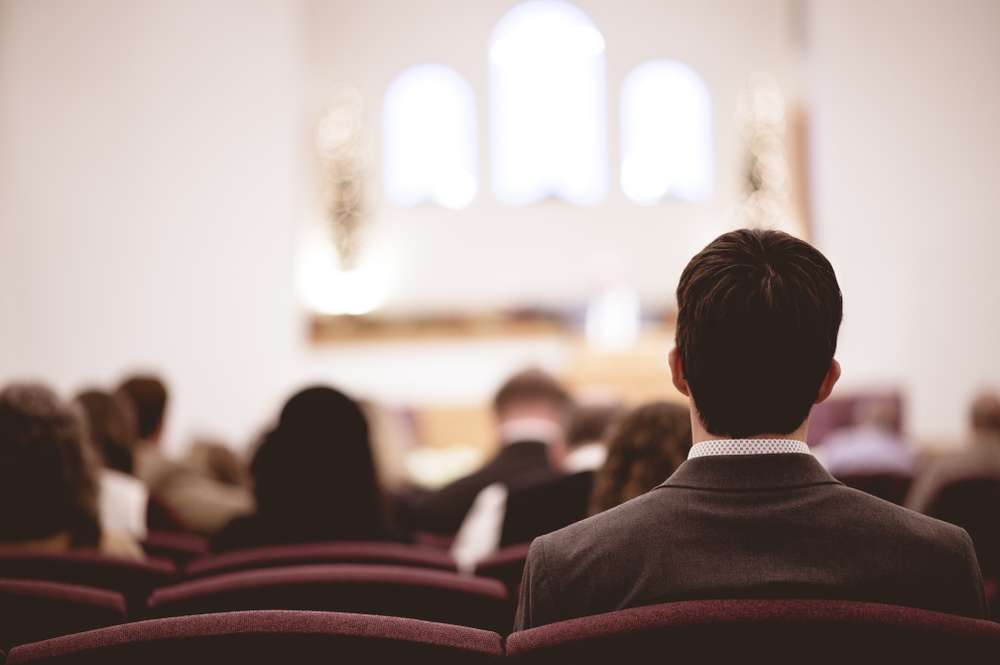
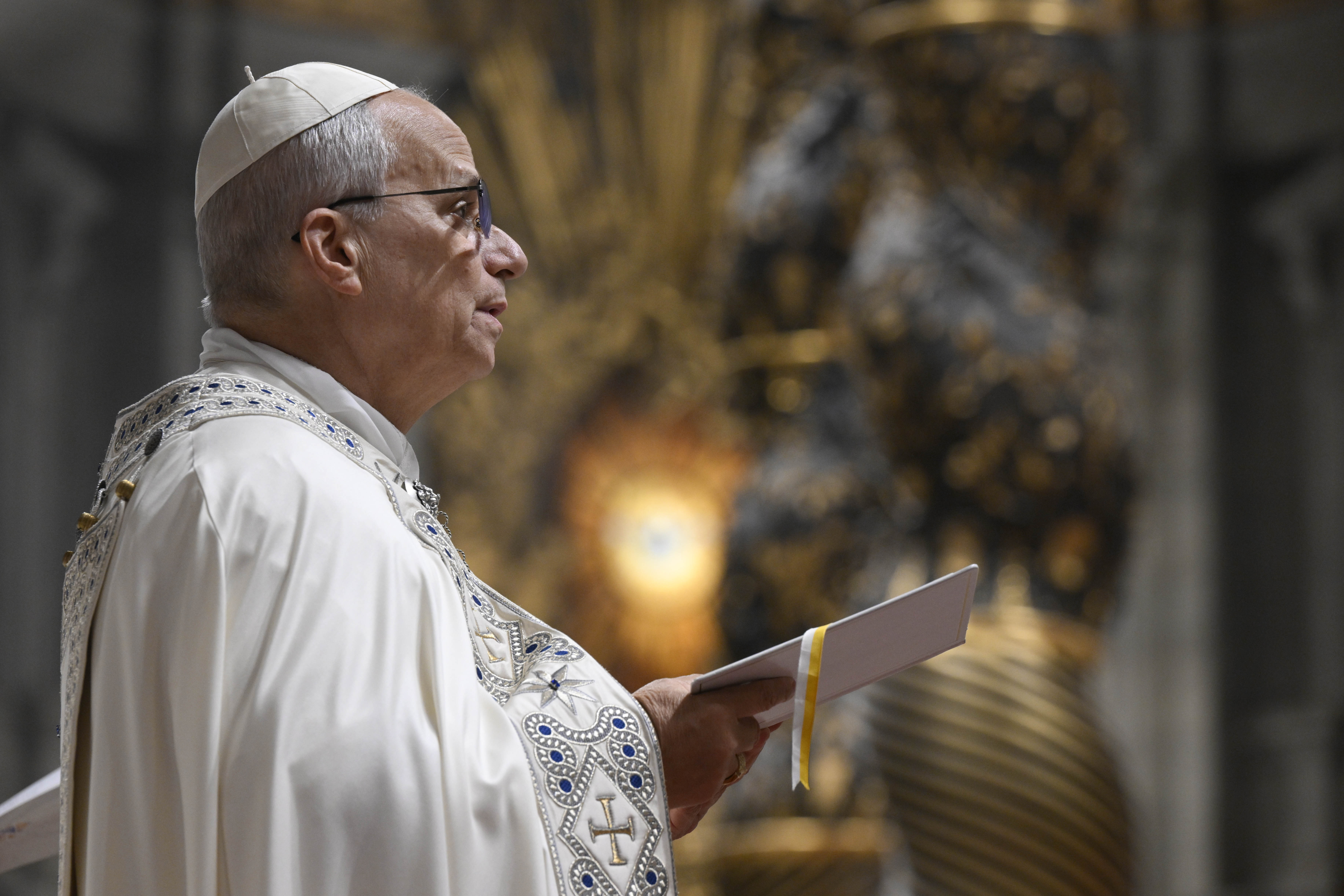
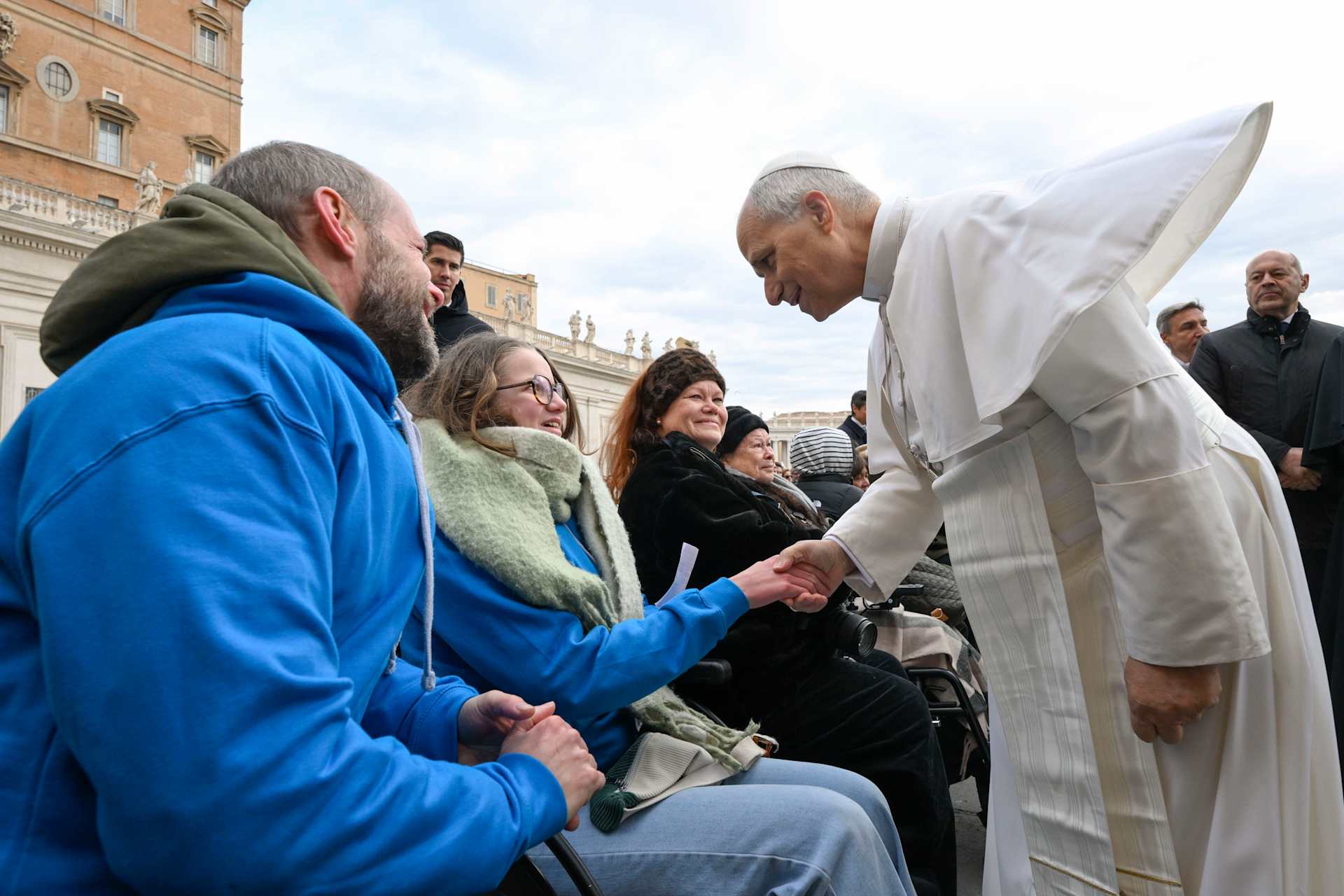
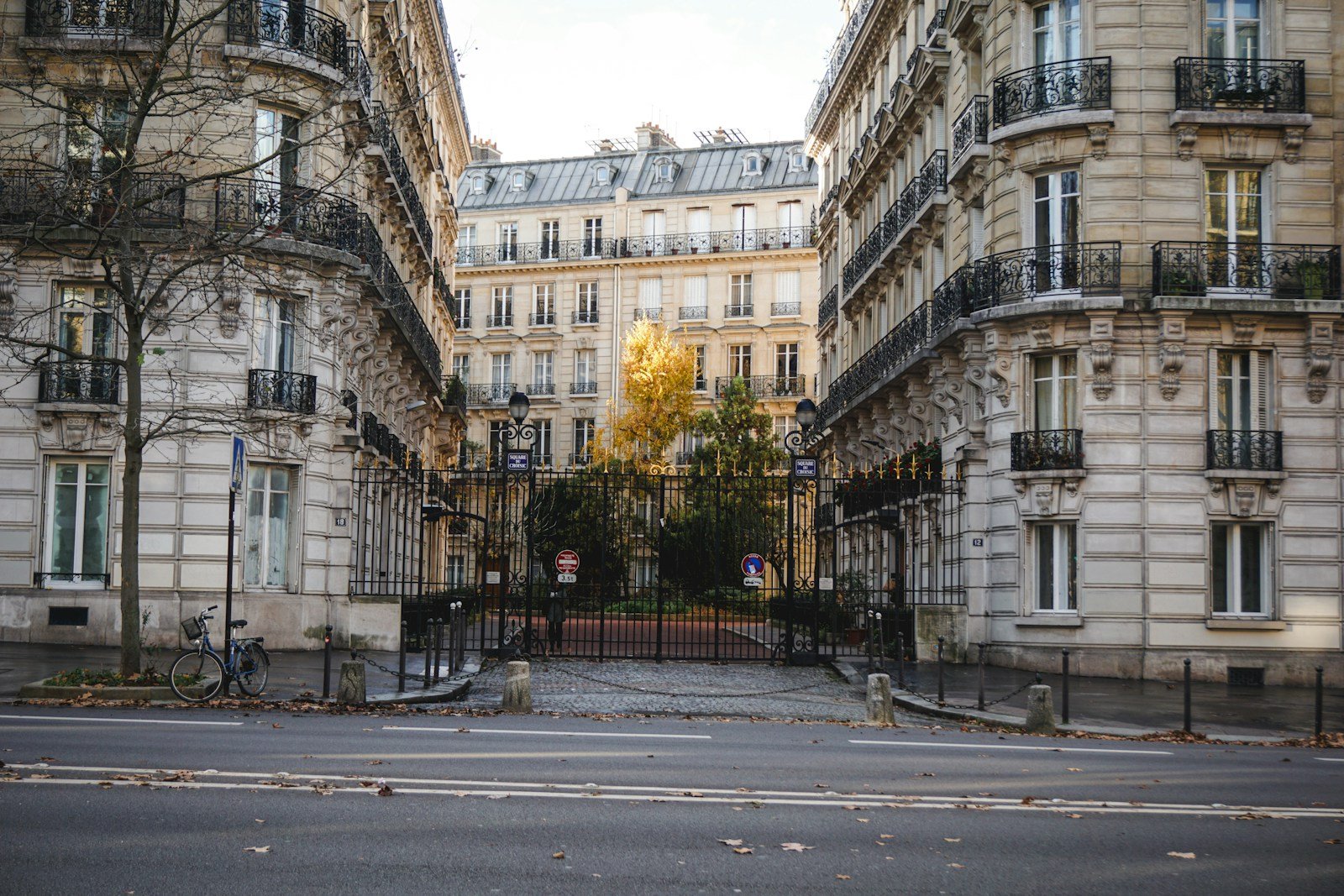
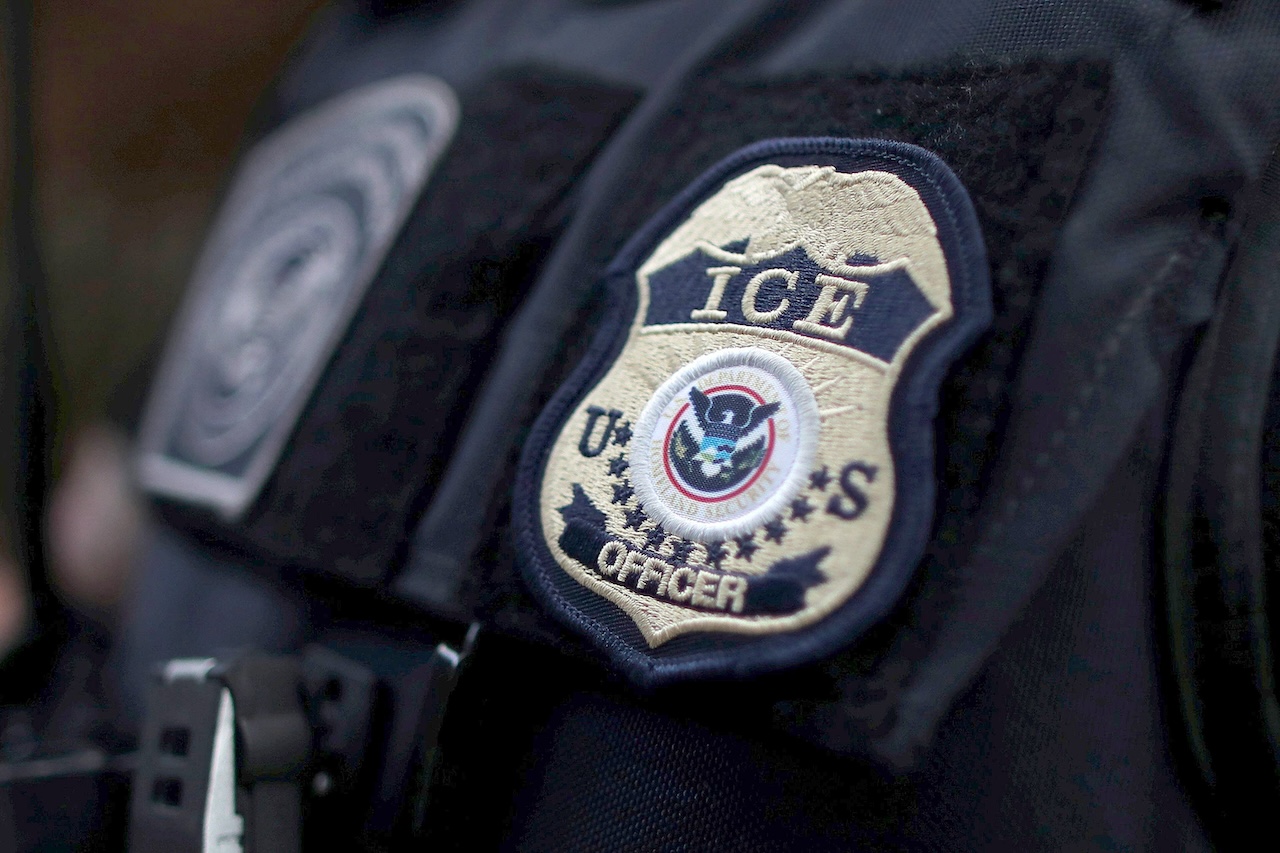












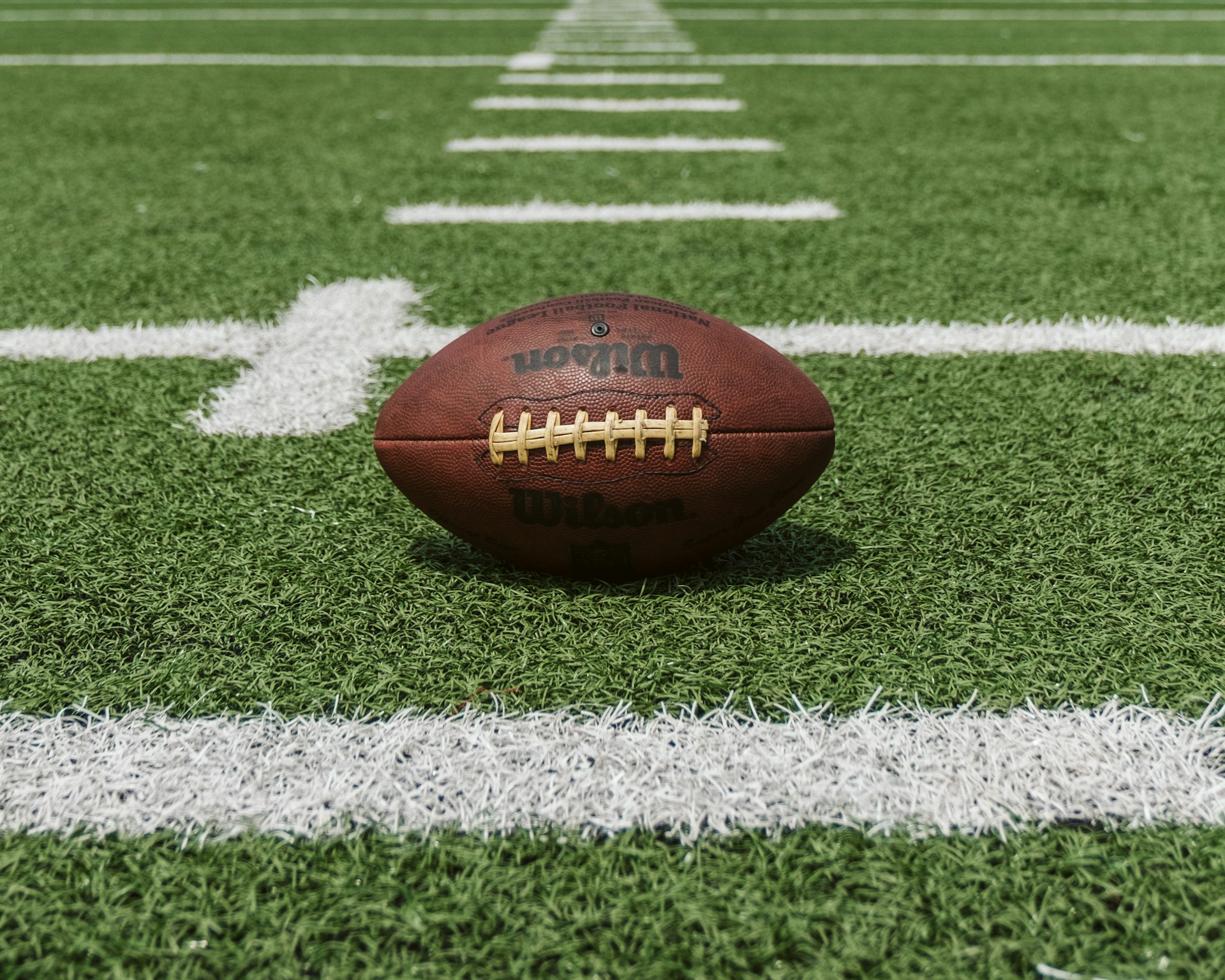
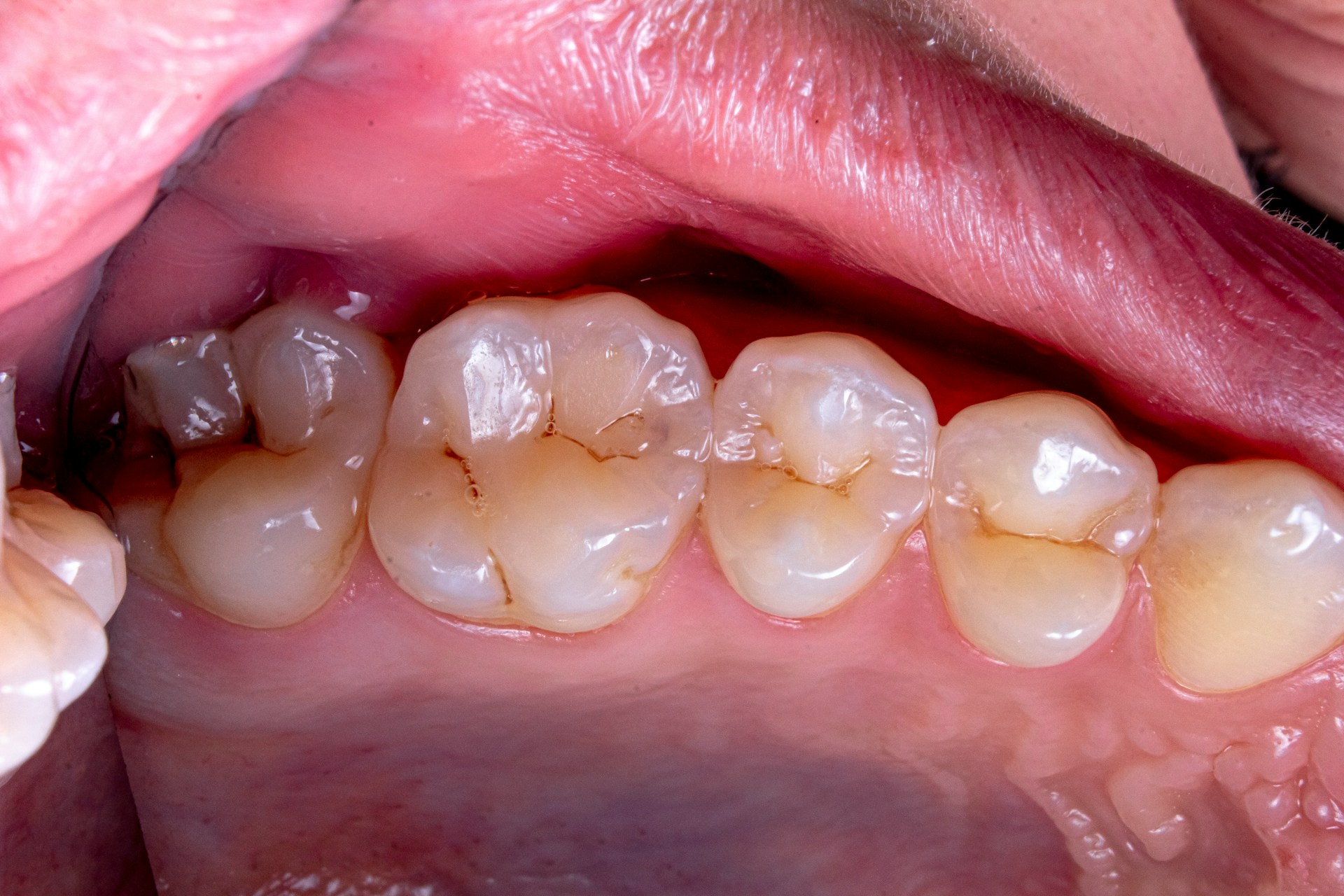

:quality(85):upscale()/2023/09/18/918/n/1922398/a1136b676508baddc752f5.20098216_.jpg)
:quality(85):upscale()/2025/10/09/670/n/1922283/00b944c868e7cf4f7b79b3.95741067_.jpg)
:quality(85):upscale()/2025/10/15/765/n/1922398/29c37a6e68efd84bb02f35.49541188_.jpg)
:quality(85):upscale()/2025/09/09/891/n/1922283/7222624268c08ccba1c9a3.01436482_.png)





![Tanpopo Restaurant / TRAIL [practice]](https://images.adsttc.com/media/images/6942/797e/c3f4/d500/0127/6d68/medium_jpg/1497_TANPOPO___Margarita_Nikitaki_3000px.jpg?#)
